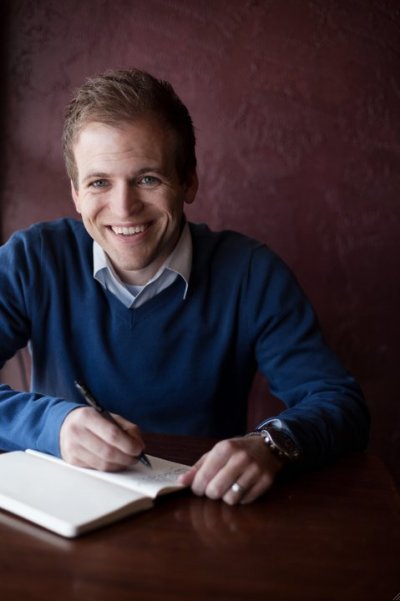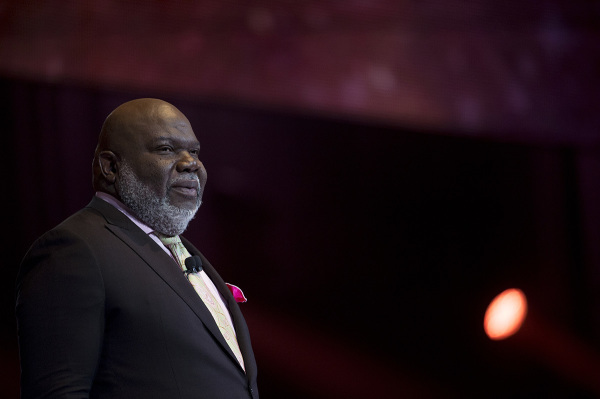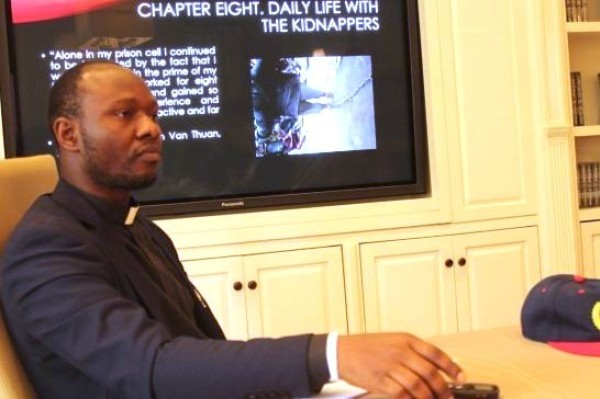People should actually understand 'Judeo-Christian' before they appropriate it

University of Illinois Professor Kevin Schultz, writing in the New Republic about the “Judeo-Christian legacy,” reminds us of the story of the Jewish atheist couple who sent their child to a Christian school for a better education.
The child comes home the first day full of enthusiasm for what they learned about the virgin birth, resurrection, and the Trinity.
“Nonsense,” respond the shocked parents. “The G-d we don’t believe in is One, not three.” Similarly, Schultz claims that “theologically… ‘Judeo-Christianity’ doesn’t make much sense,” arguing that this phrase was conjured up only to serve the purposes of the Right. And the concept which he doesn’t believe in, he argues, properly belongs to the Left.
“The term ‘Judeo-Christian’ arguably only makes sense … as a descriptor for the members of the original Christian church,” writes Schultz who believes that some of whom cobbled together an amalgam of Jewish practice and Christian belief that did not survive the opening centuries of Christianity. Clearly. Arguably. At least to him.
But we are not persuaded.
We detect the faint whiff of the similar argument that there is no anti-Semitism in the Arab world, because Arabs, too, are Semites. Come on. Words and phrases take on meanings to those who speak them and listen to them, sometimes over the objections of the linguistic purists. “Anti-Semitism” means hatred of Jews. And “Judeo-Christian” means something very definite to those who use it, even if that meaning evades Mr. Schultz.
To be specific, Schultz argues that in the mid-twentieth century the term “Judeo-Christian” signified something very different. Back then, it meant “a tolerant, pluralistic faith [that] enshrined the American value of putting others above the individual…In the absence of any clear theological accord on its meaning, the term lived a more fruitful life as a civic arrangement.” Schultz is therefore much distressed that some today are using “Judeo-Christian” to differentiate themselves (in his opinion) from the very people who wore its mantle and espoused its (invented) values. All this revisionism has - to Schultz - aimed to bring the “the alt-right into the mainstream conservative movement.”
We believe that Schultz overlooked a different alternative.
The term has very definite meaning, a much older meaning and it was, in fact, the mid-century and more-pluralistic usage that “appropriated” it for its own purposes, not the present one, which is richer, more consistent, and more historically accurate.
Actually, we would be more charitable and argue that people previously used an approximation of something that they sensed, that recently has become clearer as much of American society has moved away from – and gradually opposed – what it stands for.
We, the authors, are well-suited to trying our hand at capturing its essence. Although good friends, we would run – not walk – from any proposal that we find a compromised faith half-way between ours. One of us is an evangelical Christian; the other an Orthodox Jew. We are well aware of the theological differences that separate us. And between the two of us, we do not share a molecule of sympathy for the alt-right. On the contrary, we oppose, unwaveringly their hatred and bigotry.
Nonetheless, we can — as Jewish and Christian clergy — agree about the specific content of our shared Judeo-Christian legacy.
While the differences between the two faiths were particularly disastrous to centuries of Jews persecuted for those differences, they do not detract from the reality that beliefs and values were shared by both. Those shared positions, we believe, did indeed animate much of the progress of Western civilization as others have argued, including Ben Shapiro who Schultz dismisses as an example of “right-wing culture adjudication [led by a] preppy talk-radio host Ben Shapiro.”
Sometimes, we disagree with Shapiro too, as we do with Schultz, but it would be hard for us to imagine Schultz writing with the same passion to remember the great contributions of traditional religious communities in history, and certainly not with the same passion we hear in Shapiro’s defense of free speech for those who oppose him.
So, we’ll help everyone who struggles to appropriate the phrase “Judeo-Christian” by helping define it here. We are, Christians and Jews, among those who embrace a Judeo-Christian view, which means:
- We believe in One G-d, the Being who is the source of all existence, and without which nothing would exist.
- We believe that, despite the gap between finite Man and the infinite G-d, that we understand some things about Him, which allow us to relate to Him. First and foremost, we believe in His goodness.
- We believe that all human beings are created in His image, and that this stands behind Man’s claim to specialness.
- We believe in the eternity of the soul, and that Man achieves its blessing by establishing true connection with Him.
- We believe that G-d communicates to Man, and that the chief record of this communication is the Bible.
- We believe that G-d makes demands on people. As a perfect Being, those demands do nothing to add to Him. They are given to us out of His love. They are not arbitrary, but reflect His wisdom. They reflect realities that are immutable and unchangeable. Not everything is up for grabs. Absolutes exist. Individuals and societies that ignore them will not achieve the happiness and fulfillment that they should. Among the values He communicated is the centrality of the family as the optimum incubator to nurture the next generation.
- We believe with complete conviction that G-d has guaranteed that human civilization will be perfected, but only when people will recognize His reality and live in accordance with His wishes.
Kevin Schultz may accept all or none of these premises. But tens of millions of Americans – even in times of declining affiliation – do accept them. That acceptance is ample testimony to the historical reality of what we call the Judeo-Christian legacy.





















